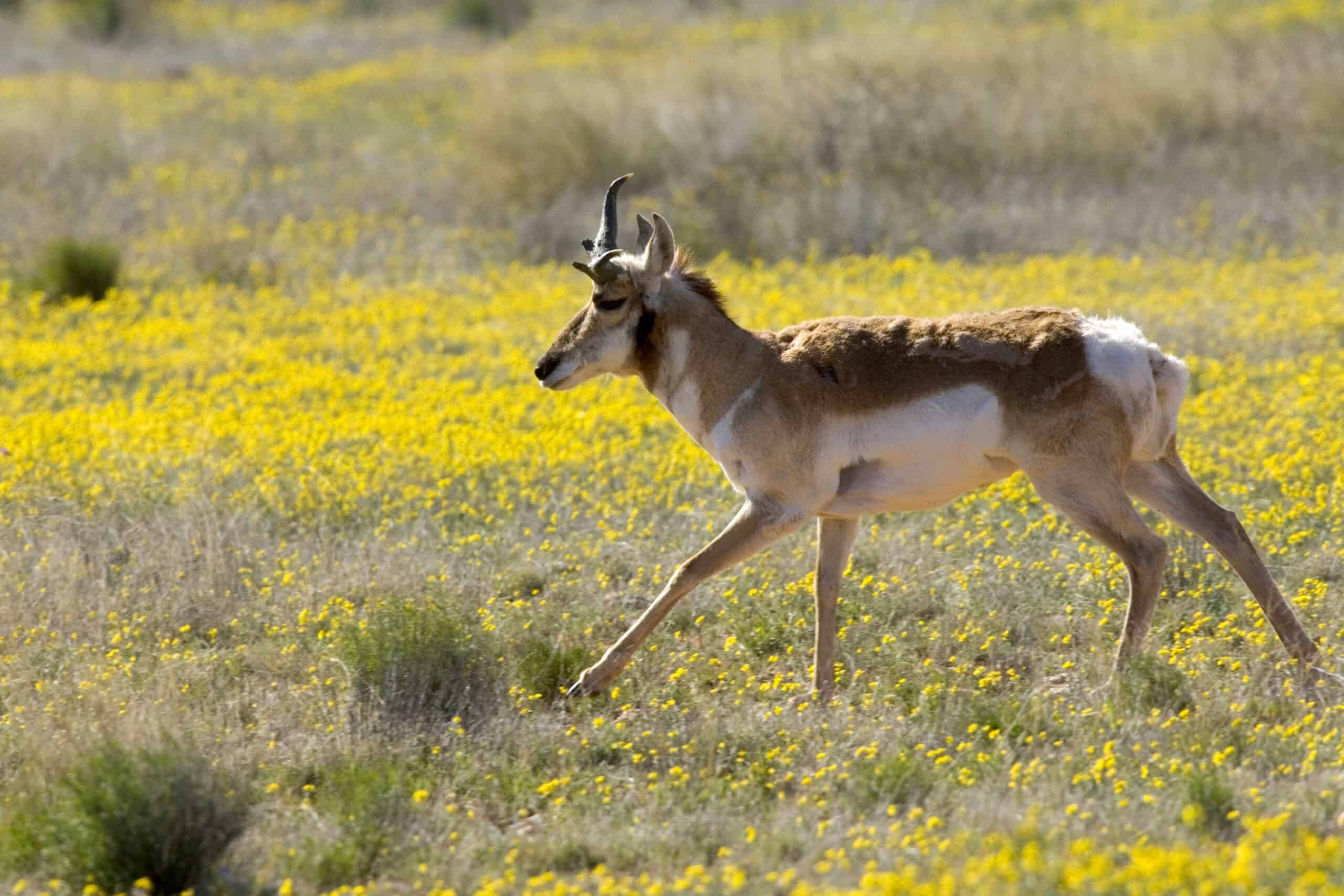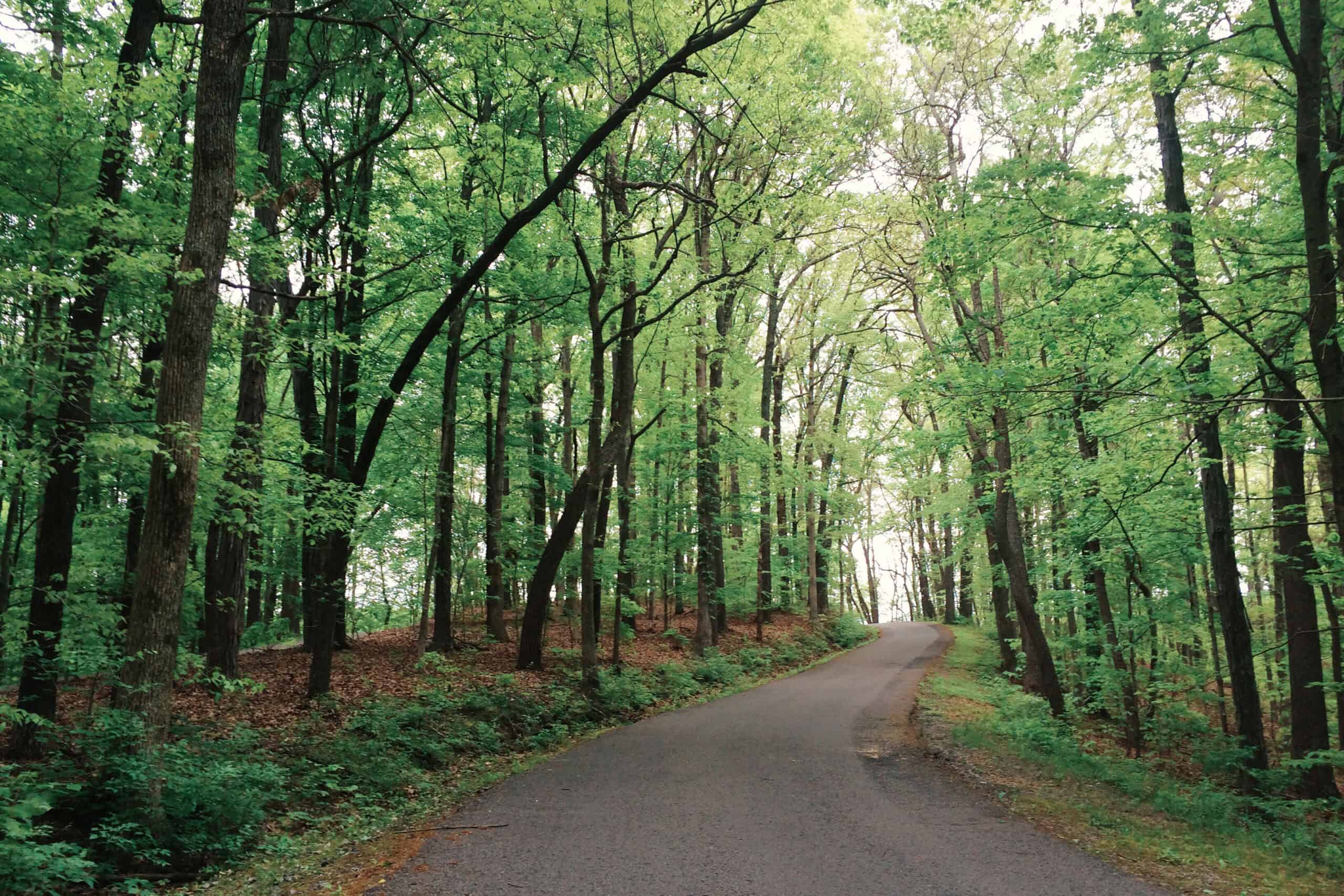Share this article
Canadian provinces miss deadline for caribou protection
The federal deadline for nine Canadian provinces and territories to release their plans to conserve woodland caribou (Rangifer tarandus caribou) passed on Oct. 5, 2017. Not a single one met that deadline. The provinces have made progress on developing plans. British Columbia, Ontario, and Quebec all have released draft plans or portions of final plans. Alberta and Saskatchewan have committed to completing a draft plan by the end of the year. Manitoba has indicated that final plans will be released next year for five of the nine caribou ranges in the province.
The deadline was set under the federal Recovery Strategy for the Woodland Caribou, Boreal population in Canada in 2012 as required under the federal Species at Risk Act. This initial plan was put into place as concern over the species continued to mount. The plan found that only 14 of Canada’s woodland caribou herds are self-sustaining; the other 37 are in decline. The federal government has stressed that in order to adequately protect the species all caribou ranges should be at least 65 percent undisturbed. This necessity competes with development in some provinces, for example the oilsands in Alberta overlap with caribou habitat and development there has, in some places, disturbed 80 percent of the habitat of certain caribou herds.
Environment and Climate Change Canada (ECCC) released a proposed action plan for the woodland caribou in Jul. 2017. Under this federal plan, the majority of the work in recovering the species would be the responsibility of the provinces, under the provincial actions plans.
A summary of the progress made toward implementing the 2012 recovery strategy was released Oct. 31. The summary identified three main performance indicators to indicate progress on caribou: range planning, population condition, and habitat condition. The report identified the lack of sufficient range planning by the provinces. It also noted the continued general trend in declining caribou populations — of the 30 local populations for which ECCC has data only 10 populations are considered stable and the other 20 all declining. The report also pointed out that the number of ranges where the caribou habitat is over 65 percent undisturbed has declined since 2012 — from 21 out of 51 to only 19.
ECCC will now assess whether woodland caribou is adequately protected under the provincial and territorial range plans or similar documents. If the Minister of the Environment determines that these plans do not sufficiently protect the woodland caribou or its critical habitat, the Minister must recommend that the Governor in Council, which is a committee of the federal cabinet, make an order to protect the species and its habitat. This assessment will be completed in early 2018.
Header Image: ©Jay Elhard/NPS








